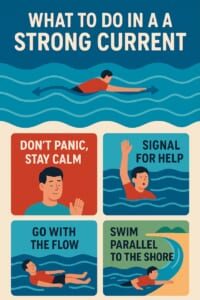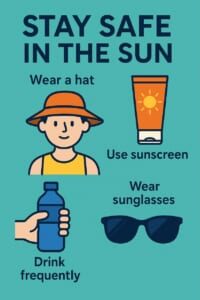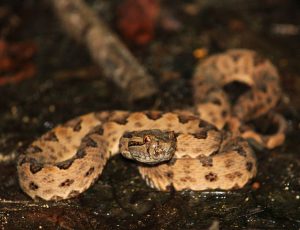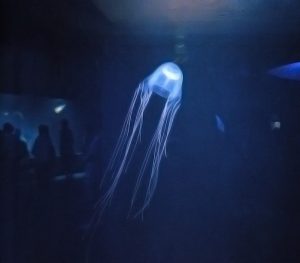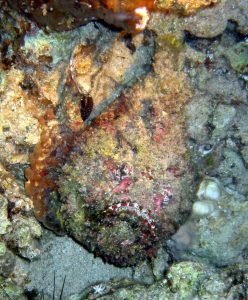The Yaeyama Islands, Japan’s southernmost paradise, attract travelers with turquoise seas, coral reefs, and subtropical charm. But behind the postcard-perfect beauty, safety is something every visitor should take seriously. From typhoons to jellyfish, earthquakes to habu snakes, the region’s natural environment requires at least some awareness and preparation.
This guide gives you practical safety advice, emergency contacts, and local knowledge to help you enjoy a safe and unforgettable trip.
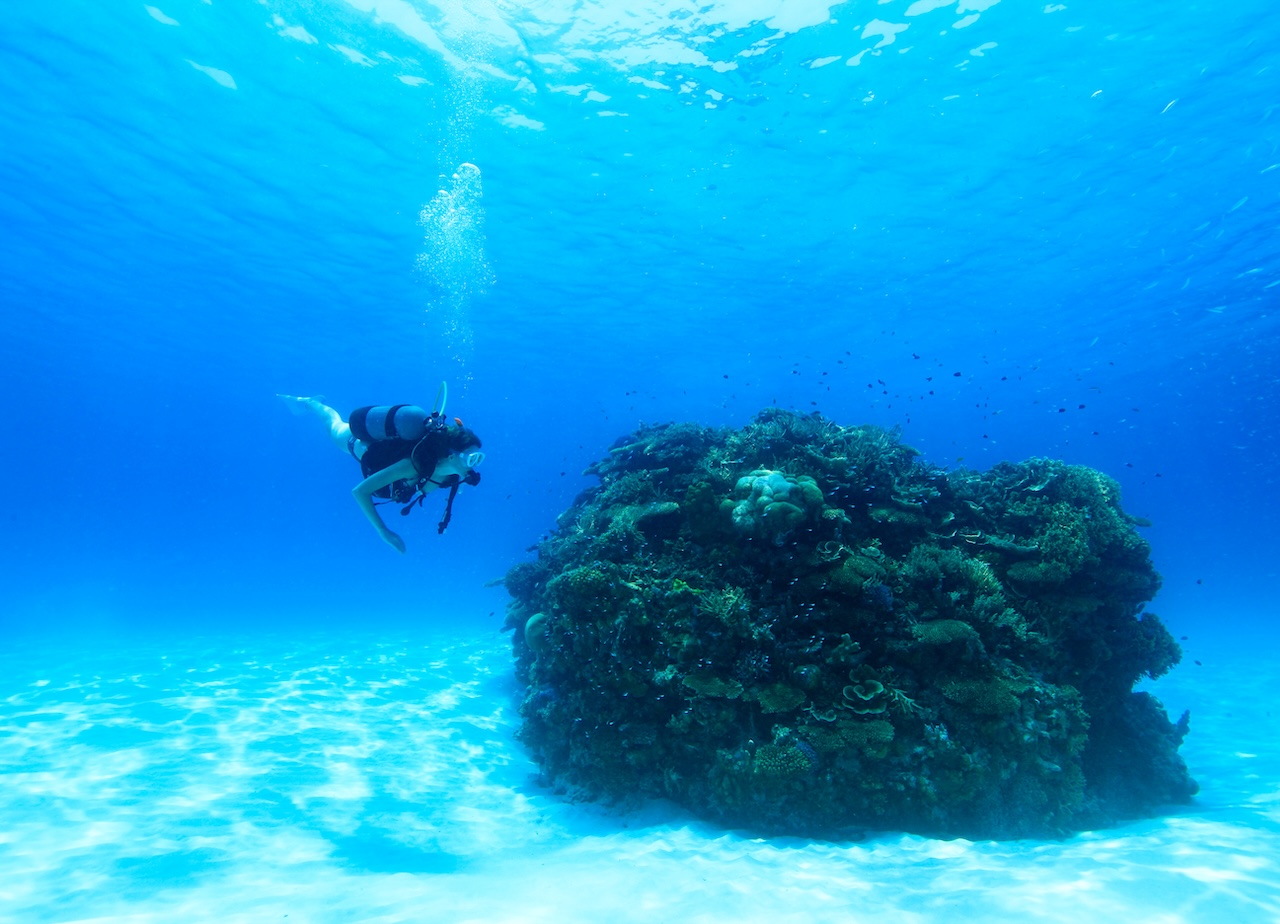
Always wear proper snorkeling or diving gear when exploring coral reefs around Ishigaki and the Yaeyama Islands. Avoid touching coral and respect the fragile marine ecosystem.
Emergency Numbers (Tip: Save them in Your Phone)
Police: 110
Ambulance / Fire: 119
Maritime accidents (coast guard): 118
🩺 AED Locations in Ishigaki
In case of sudden cardiac arrest, quick access to an Automated External Defibrillator (AED) can save lives. Ishigaki City has installed AEDs in many public places such as airports, ferry terminals, supermarkets, convenience stores, and community centers. To make it easy for visitors, we’ve prepared a Google Maps overview of AED locations across Ishigaki. By checking the map before your trip, you’ll know where the nearest AED is located around your hotel, beach, or sightseeing area. If an emergency occurs, call 119 immediately, alert people nearby, and use the closest AED until professional help arrives.
Natural Disasters: Typhoons, Earthquakes & Tsunami
Typhoons
Typhoon season in Yaeyama is typically May to October. Airlines and ferries may cancel services.
Check flight and ferry status before traveling.
Stay indoors during strong winds. Flying debris is dangerous.
Even if skies clear, wait for official safety confirmation before going out.
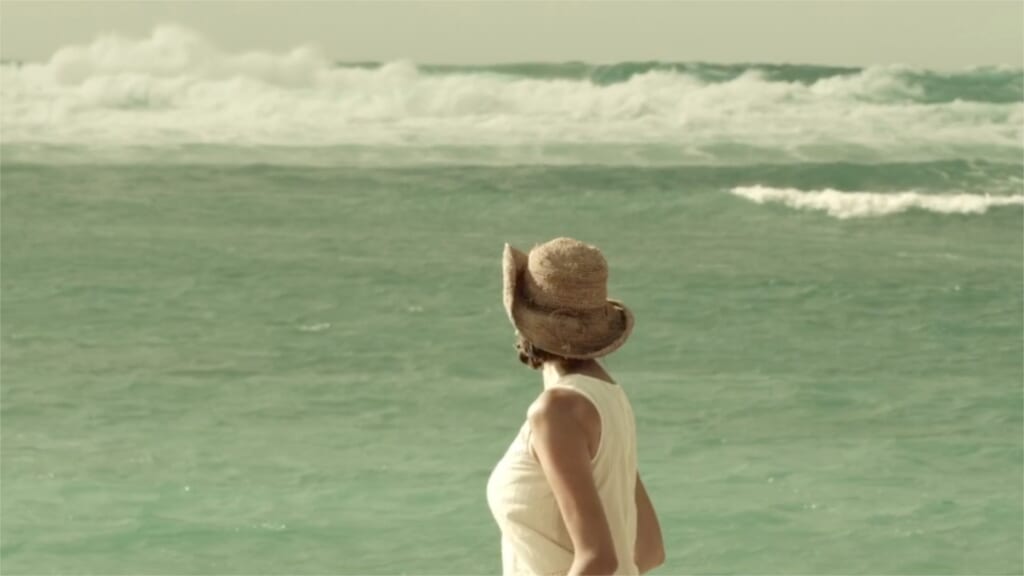
After typhoons, beaches in Okinawa and the Yaeyama Islands may have strong currents, debris, or jellyfish. Always check local safety updates before swimming or walking near the water.
Earthquakes
Japan is earthquake-prone. Although generally less in Okinawa.
In accommodation: Know your evacuation route, follow staff instructions.
Outdoors: Stay away from walls, cliffs, rivers.
Driving: Stop slowly, remain in the car until shaking stops.
Tsunami Warning
If you hear the siren:
Warn swimmers, move people away from beaches.
Evacuate to higher ground or a reinforced tall building.
Ocean & Beaches
The Yaeyama seas are breathtaking but can be hazardous.
Strong rip currents at beaches like Yonehara can pull swimmers out to sea.
Jellyfish and man-o-war are present, especially in summer.
Many beaches lack lifeguards or nets – swim at your own risk.
Always check tide and weather reports before entering the water.
If caught in a current:
Don’t panic, don’t swim against it.
Swim parallel to shore until free, then return.
Signal for help.
General beach safety tips:
Never swim alone or after drinking.
Wear reef shoes, rash guard and a life vest where needed.
Use sunscreen, hydrate often.
Avoid touching marine creatures.
Dangerous Creatures & First Aid
Infectious Diseases
Leptospirosis can occur in summer after swimming or wading in mangrove rivers.
Symptoms (5–14 days later): fever, headache, muscle pain.
See a doctor immediately.
Drinking & Driving
Okinawa has zero tolerance for drinking and driving.
Penalties are severe: fines, license suspension, even imprisonment.
Always arrange a daikō taxi (代行タクシー) if drinking.
Extra Handy Safety Tips
Register with the Japan Travel Safe app (Japan Tourism Agency) for alerts.
Check Japan Meteorological Agency (気象庁) website for typhoon/earthquake warnings.
Convenience stores and supermarkets sell mosquito repellents – useful in summer evenings.
Local tourism offices often distribute safety brochures in English and Japanese.
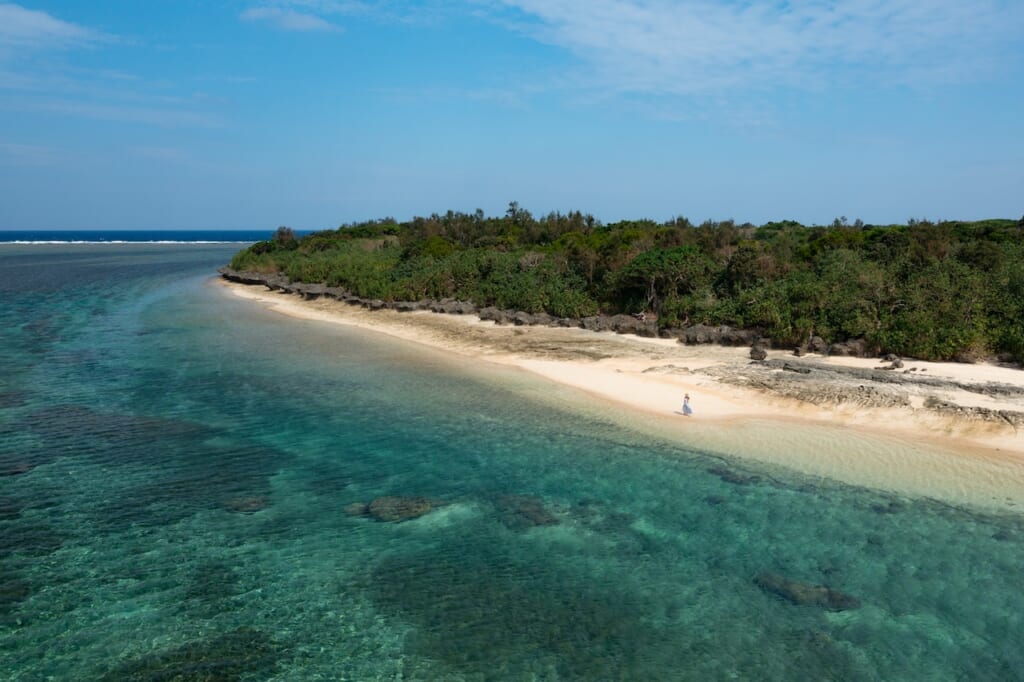
Conclusion
The Yaeyama Islands are safe to visit. By respecting the ocean, understanding local hazards, and knowing emergency procedures, you can enjoy this tropical paradise worry-free. Travel smart, stay safe, and the islands will reward you with unforgettable experiences.

